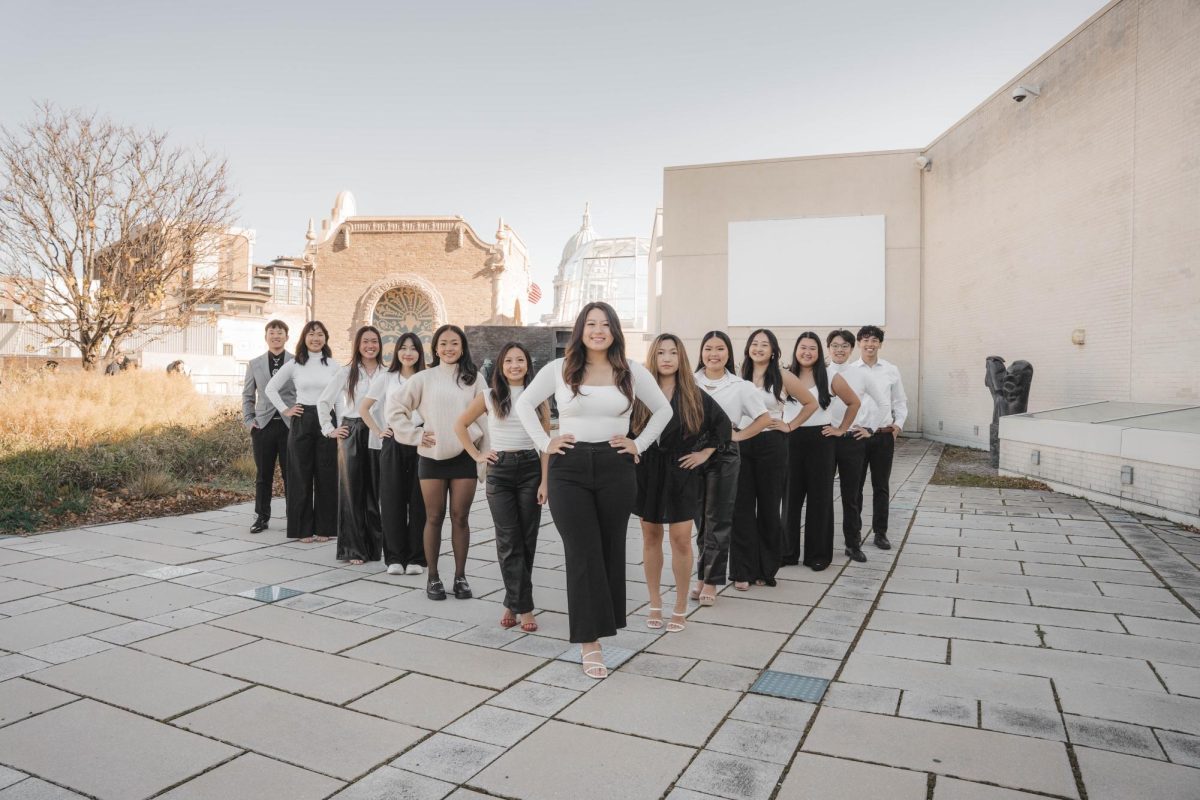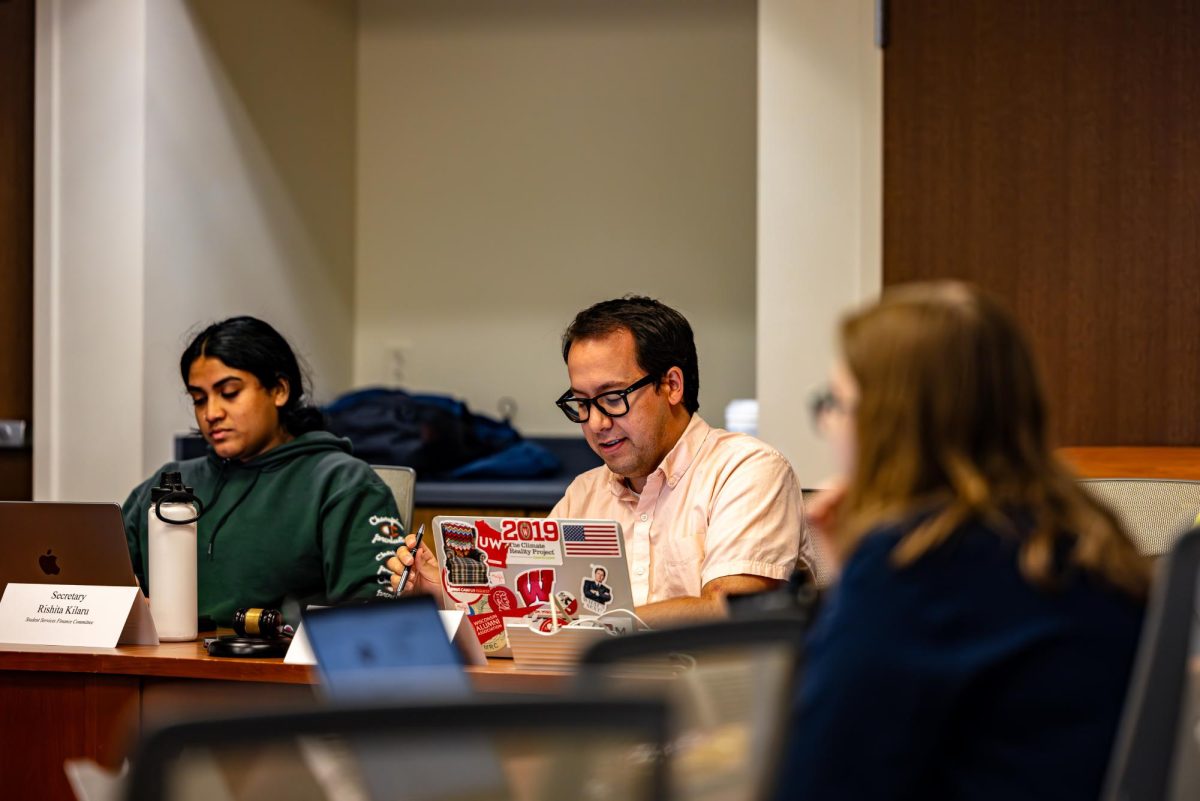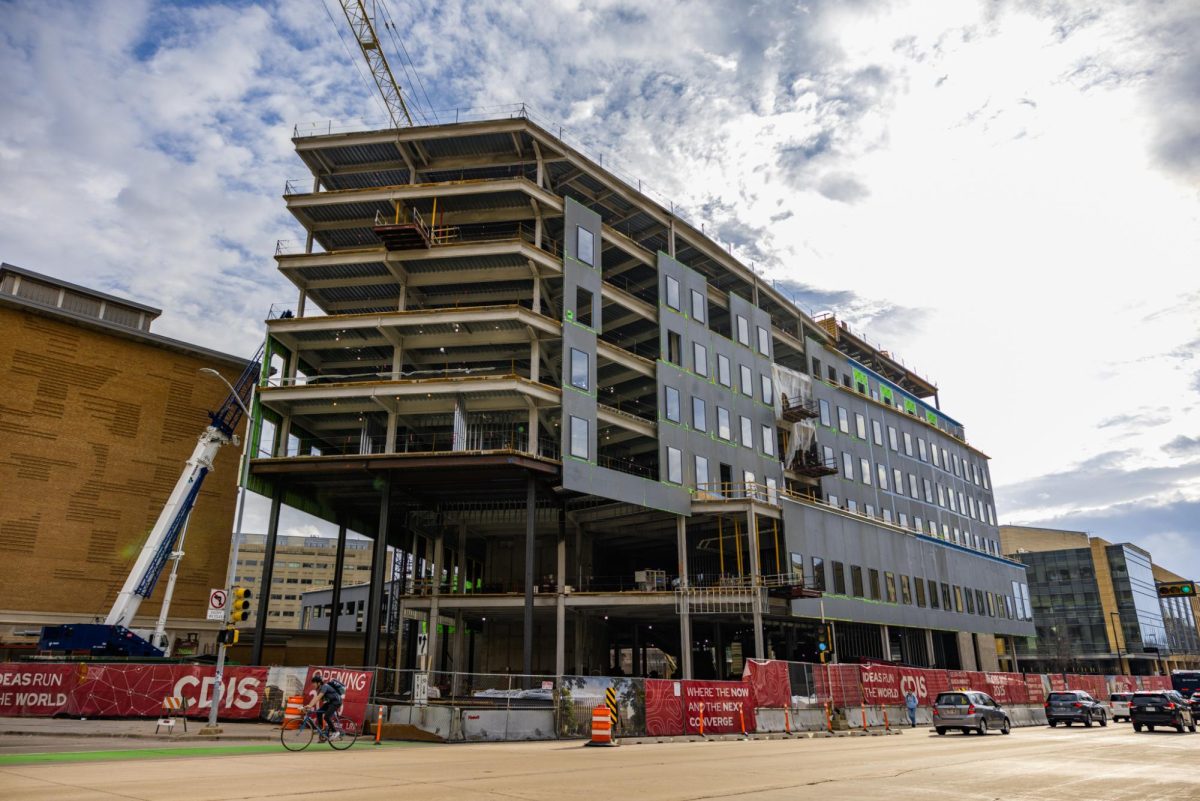The multinational pharmaceutical company AstraZeneca will continue its COVID-19 vaccine clinical trial at the University of Wisconsin after a pause in September due to a participant’s unexplained sickness, according to Principal Investigator for the COVID-19 Vaccine AstraZeneca clinical trial William Hartman.
Chief Clinical Research Officer at UW School of Medicine and Public Health Betsy Nugent said AstraZeneca’s vaccine candidate is currently in phase three of its clinical trial, which means the company is testing the vaccine to observe its effectiveness and safety in a larger population.
“Vaccine trials are something for all of us and something that’s going to be really critical if we are going to be able to effectively combat COVID-19 and begin to return to some sort of normalcy,” Nugent said.
UW partners with biotech company to develop COVID-19 vaccine
Hartman said the project paused Sept. 6 when one individual of around 20,000 global participants developed an unexplained illness which fit the criteria to stop and analyze if it was safe to continue. Most other countries already resumed the trial, but the U.S. Food and Drug Administration asked to review the data from all 20,000 participants before deeming it safe to resume Oct. 23, according to a press release from AstraZeneca.
Pausing the trial was the right thing to do, Hartman said, as the protocol for an unexplained illness in a clinical trial is to stop and investigate the illness. Ultimately, the review of this incident showed no causality between the vaccine and the illness, Hartman said.
“This is exactly how every drug gets approved,” Hartman said in an interview with UW Health. “We have to make sure that it meets the efficacy standards, but that it also meets the safety standards.”
Participants in the trial are informed on how the trial works. If they agree to participate, they receive an injection on day one, followed by a second injection 28 days later, Nugent said. In the following two years, patients get blood drawn and are monitored for COVID-19 symptoms and any other unusual symptoms which may come from the vaccine, Nugent said.
Upon resuming the trial, UW will start recruiting participants in the next two to three weeks, and data on these participants will be evaluated as it is collected in a process called interim analyses, Nugent said. This allows the trial to learn more about how the vaccine works in preventing COVID-19.
“We need to start to understand whether the vaccine is effectively preventing people from getting COVID when they do get exposed,” Nugent said. “And that takes a long time.”
UW begins plasma transfusion treatments for COVID-19 patients
Before the pause, UW had 36 participants who received their first injection, but they were not able to receive their second injection on day 29 due to the pause, Hartman said. He added that these patients will return for their second injection, but they will be informed of any new information gathered during the pause and will consent to participate again, as with all participants.
UW conducted impactful studies on combating COVID-19 with convalescent plasma — plasma from recovered patients — Nugent said. UW’s contribution to COVID-19 research was achieved efficiently, so AstraZeneca approached UW about conducting the vaccine clinical trial.
“We are just so pleased that Wisconsin is one of the sites that they’ve selected,” Nugent said.
The University of Oxford and its spinout company Vaccitech created this COVID-19 vaccine together, according to a press release from AstraZeneca. The clinical trial is hoping to reach a worldwide participation of 30,000, Hartman said.
Other trial sites were added while the study was paused, so now UW may end up with a smaller share of the global goal of 30,000, Hartman said in an interview with UW Health.
The trial is hoping for a diverse population of participation, Hartman said. The vaccine has to be effective for all sorts of people.
“We want this to be a study that’s reflective of our society.” Hartman said in an interview with UW Health. “I want a vaccine for our city that’s good for my family and for your family.”
Dane County switches to crisis model for contact tracing, UW to ramp up testing
The pause also delayed the timeline of the trial, Hartman said, as the FDA requires at least two months of data after the last injection in order to start the approval process. The pause pushed this timeline back by almost six weeks, Hartman said.
If the data shows the vaccine works effectively and safely, COVID-19 vaccines will be approved as quickly as possible, Nugent said. After that, the vaccines will need to be manufactured, and there will likely be some form of prioritization for people at higher risk in distributing the vaccine.
“As the vaccine comes out and it’s shown to be effective, my hope is that people in the population, no matter what their community or where they live, will really think about getting the vaccine not only for their own health but for the health of others in the community,” Nugent said.



















